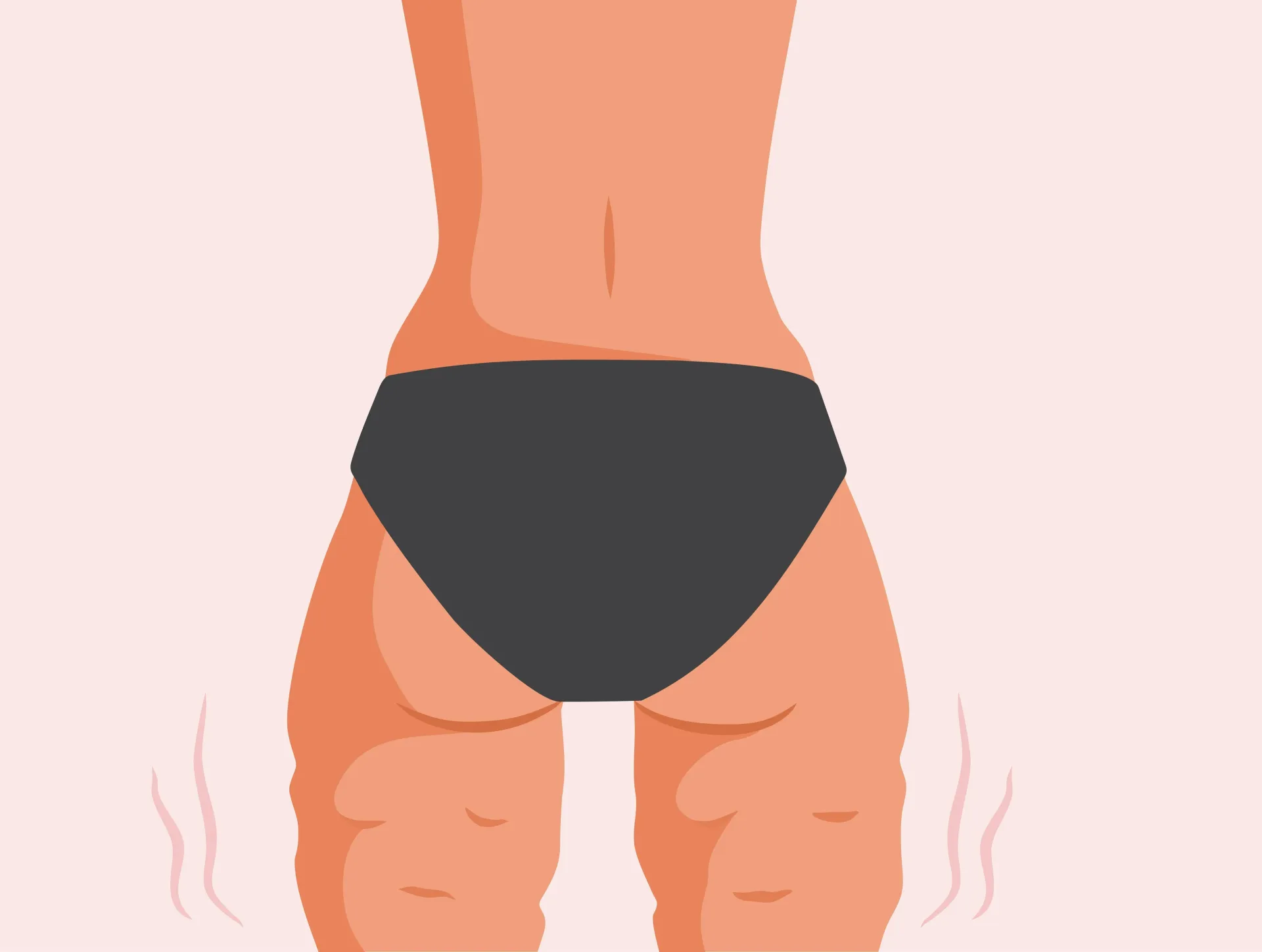Get in touch
555-555-5555
mymail@mailservice.com
Understanding the Impact of Stress on Your Health and Ways to Manage It
November 14, 2023
Understanding the Impact of Stress on Your Health and Ways to Manage It
Life is a journey filled with its share of joys and challenges, and stress is an inevitable companion on this path. While stress is a natural response to demanding situations, its prolonged and unchecked presence can have a profound impact on your health. At Kind Health Group, we recognize the interconnectedness of your mental and physical well-being. In this article, we delve into the effects of stress on your health and provide practical strategies to effectively manage it.
The Mind-Body Connection
Stress is more than just a mental burden – it affects your entire body. When you experience stress, your body releases hormones like cortisol and adrenaline, which trigger the "fight or flight" response. While this response is designed to protect you in immediate danger, chronic stress can keep these hormones elevated, leading to a range of health issues.
Impact on Physical Health
Chronic stress has been linked to numerous physical health problems, including high blood pressure, heart disease, digestive issues, and a weakened immune system. Over time, these conditions can take a toll on your overall well-being, compromising your body's ability to function optimally.
Effects on Mental Health
The impact of stress isn't limited to physical health – it can also wreak havoc on your mental and emotional state. Prolonged stress is associated with an increased risk of anxiety, depression, and other mood disorders. It can also impair your cognitive function, affecting memory, concentration, and decision-making.
Healthy Strategies to Manage Stress
Managing stress is essential for maintaining your overall health and quality of life. Here are some effective strategies to help you cope with stress:
1. Practice Mindfulness:
Mindfulness techniques, such as deep breathing, meditation, and yoga, can help you stay present and reduce the impact of stress on your body and mind.
2. Stay Active:
Regular physical activity is a powerful stress reducer. Exercise releases endorphins, which are natural mood lifters that counteract the effects of stress hormones.
3. Prioritize Sleep:
Quality sleep is vital for stress management. Establish a consistent sleep routine and create a calm bedtime environment to improve your sleep quality.
4. Connect with Others:
Social support is a valuable tool for managing stress. Spend time with loved ones, share your feelings, and seek comfort in your relationships.
5. Healthy Lifestyle Choices:
Proper nutrition and hydration play a significant role in stress management. Avoid excessive caffeine and alcohol, and opt for nourishing foods that support your body's resilience.
6. Set Boundaries:
Learn to say no when necessary and establish healthy boundaries in your personal and professional life to prevent overwhelm.
7. Seek Professional Help:
If stress becomes overwhelming, don't hesitate to seek help from a mental health professional. Therapy and counseling can provide you with valuable tools to manage stress effectively.
Reach Out for Support
At Kind Health Group, we understand the importance of holistic care that addresses both your physical and mental well-being. If stress is taking a toll on your health, we're here to help. Contact us at 760.701.5463 or reach out through our secured texting line at 760-492-7986 to schedule a consultation.
Remember, managing stress is a lifelong journey, and taking proactive steps to reduce its impact can lead to improved health, increased resilience, and a greater sense of well-being. Your health is our priority, and we're here to support you every step of the way.
You might also enjoy:

By Lauren Luscomb
•
December 4, 2024
At Kind Health Group, we’re committed to helping you achieve your body sculpting goals with the latest and most effective technologies. If you’ve been exploring non-invasive body contouring treatments, you’ve likely come across Emsculpt Classic and Emsculpt NEO. Both are revolutionary devices designed to tone muscles and reduce fat, but what sets them apart? Here’s a detailed comparison to help you decide which treatment aligns with your goals. What is Emsculpt Classic? Emsculpt Classic is the original body sculpting device that introduced the world to HIFEM (High-Intensity Focused Electromagnetic) technology . By delivering intense, muscle-contracting energy, it simulates the effects of 20,000 crunches, squats, or other targeted exercises in just one 30-minute session. Key Benefits of Emsculpt Classic: Muscle Toning : Builds muscle in areas like the abdomen, buttocks, arms, and legs. Non-Invasive: No surgery or downtime required. Quick Treatments: Sessions are typically 30 minutes. Pain-Free: Feels like an intense workout without the sweat. While Emsculpt Classic focuses solely on muscle building, it’s an excellent choice for individuals already close to their ideal body weight but looking to add definition and strength. What is Emsculpt NEO? Emsculpt NEO takes the innovative muscle-building technology of the Classic and levels it up by incorporating radiofrequency (RF) energy. This dual-action device simultaneously tones muscles and reduces fat, making it a more comprehensive solution for body contouring. Key Benefits of Emsculpt NEO: Fat Reduction: The RF energy heats the fat cells, leading to an average of 30% fat reduction in the treated area. Muscle Building: Similar to the Classic, it delivers HIFEM energy for intense muscle contractions. Dual Treatment: Targets both fat and muscle in a single session. Suitable for More Body Types: With the added fat-reduction capability, Emsculpt NEO works well for individuals with a BMI of up to 35. How to Choose Between Emsculpt Classic and Emsculpt NEO Choose Emsculpt Classic if you’re focused solely on building and toning muscle. This is ideal for individuals who are already lean but want to enhance their muscle definition. Choose Emsculpt NEO if you want a dual benefit of fat reduction and muscle building. It’s especially effective for individuals looking to target stubborn fat while simultaneously toning their muscles. Experience the Difference at Kind Health Group At Kind Health Group, we offer Emsculpt NEO treatments paired with the ultimate luxury experience. Contact us today to schedule your consultation and learn more about the benefits of Emsculpt Classic and Emsculpt NEO . By choosing Kind Health Group, you’re investing in expert care, state-of-the-art technology, and personalized treatments that help you look and feel your best. Don’t wait—let’s sculpt your dream body together! Call us now or book online to get started.

November 14, 2023
Kind Health Group emphasizes the significance of prioritizing mental health, shedding light on the often overlooked nature of mental health disorders, providing insights into common signs and symptoms, underscoring the importance of early intervention, breaking the stigma surrounding seeking help, and offering support to those struggling with mental health through compassionate and experienced professionals at Kind Health Group.

November 14, 2023
Kind Health Group emphasizes the transformative power of regular exercise, highlighting its mental and physical benefits, including improved mood, weight management, cardiovascular health, enhanced flexibility, cognitive function, and quality sleep, encouraging individuals to prioritize physical activity for a healthier and happier life.

November 14, 2023
Kind Health Group advocates for a holistic approach to health, exploring complementary medicine such as acupuncture, herbal remedies, chiropractic care, mind-body practices, and nutrition-focused functional medicine to address individual needs and enhance overall well-being, offering a range of alternative options combined with traditional medicine to guide individuals on a unique and comprehensive journey to better health.

November 14, 2023
Kind Health Group underscores the crucial connection between nutrition and mental well-being, highlighting the significant influence of a balanced diet on mood and cognitive function, advocating for whole grains, lean proteins, fruits, and vegetables, particularly those rich in omega-3 fatty acids and antioxidants, as a holistic approach to support mental health, and providing personalized guidance for individuals on their path to improved mental well-being through mindful and nutritious eating.








